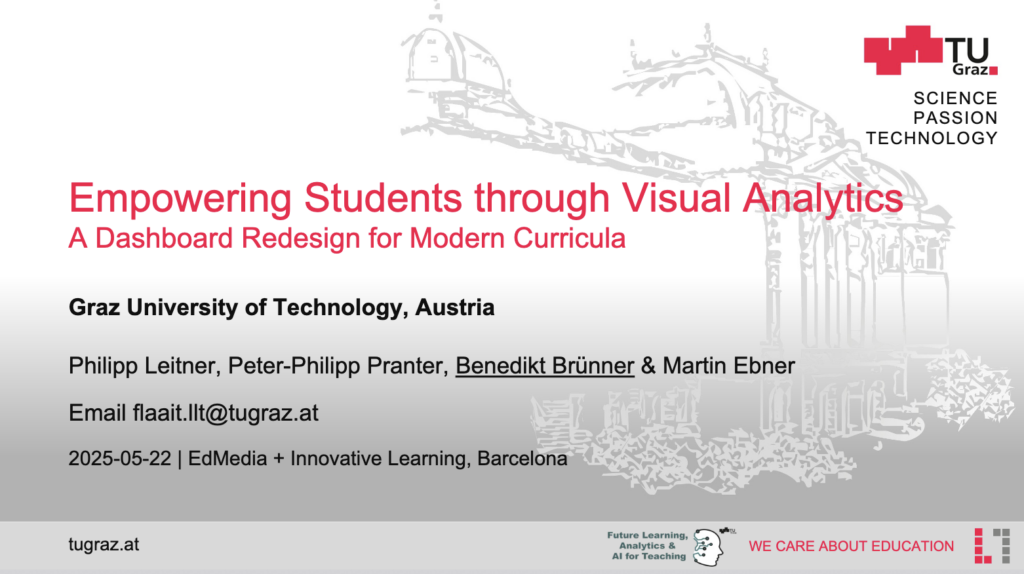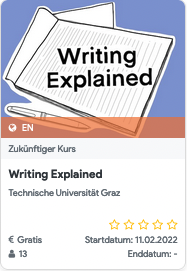Our publication about „Tutoring writing spelling skills within a web-based platform for children“ got published. We are describing our research project IDERblog and the results using learning analytics.
Abstract:
According to the NMC Horizon Report (Johnson et al. in Horizon Report Europe: 2014 Schools Edition, Publications Office of the European Union, The New Media Consortium, Luxembourg, Austin, 2014 [1]), data-driven learning in combination with emerging academic areas such as learning analytics has the potential to tailor students’ education to their needs (Johnson et al. 2014 [1]). Focusing on this aim, this article presents a web-based (training) platform for German-speaking users aged 8–12.Our objective is to support primary-school pupils—especially those who struggle with the acquisition of the German orthography—with an innovative tool to improve their writing and spelling competencies. On this platform, which is free of charge, they can write and publish texts supported by a special feature, called the intelligent dictionary. It gives automatic feedback for correcting mistakes that occurred in the course of fulfilling a meaningful writing task. Consequently, pupils can focus on writing texts and are able to correct texts on their own before publishing them. Additionally, they gain deeper insights in German orthography. Exercises will be recommended for further training based on the spelling mistakes that occurred. This article covers the background to German orthography and its teaching and learning as well as details concerning the requirements for the platform and the user interface design. Further, combined with learning analytics we expect to gain deeper insight into the process of spelling acquisition which will support optimizing our exercises and providing better materials in the long run.
[Full Publication @ Springer Nature (Open Access)]
[Publication @ ResearchGate]
Reference: Ebner, M., Edtstadler, K., Ebner, M. (2017) Tutoring writing spelling skills within a web-based platform for children. Universal Access in the Information Society (2017). doi:10.1007/s10209-017-0564-6


